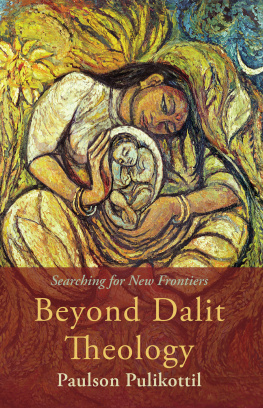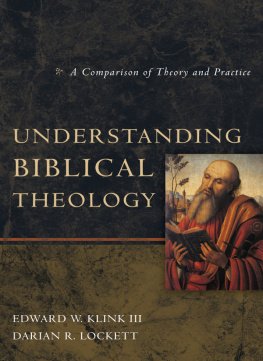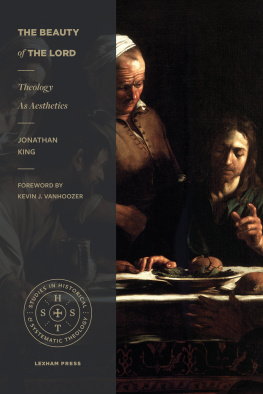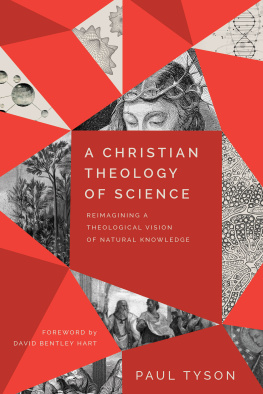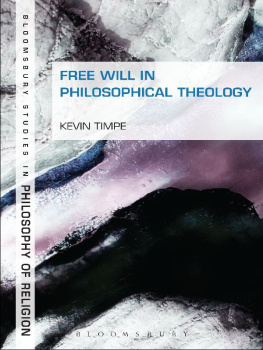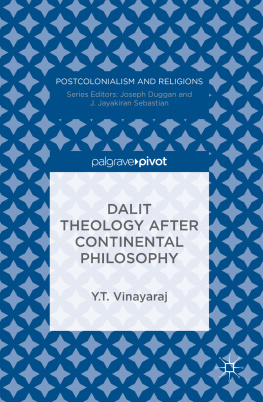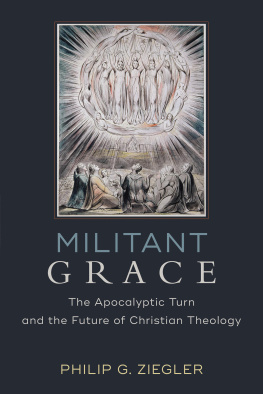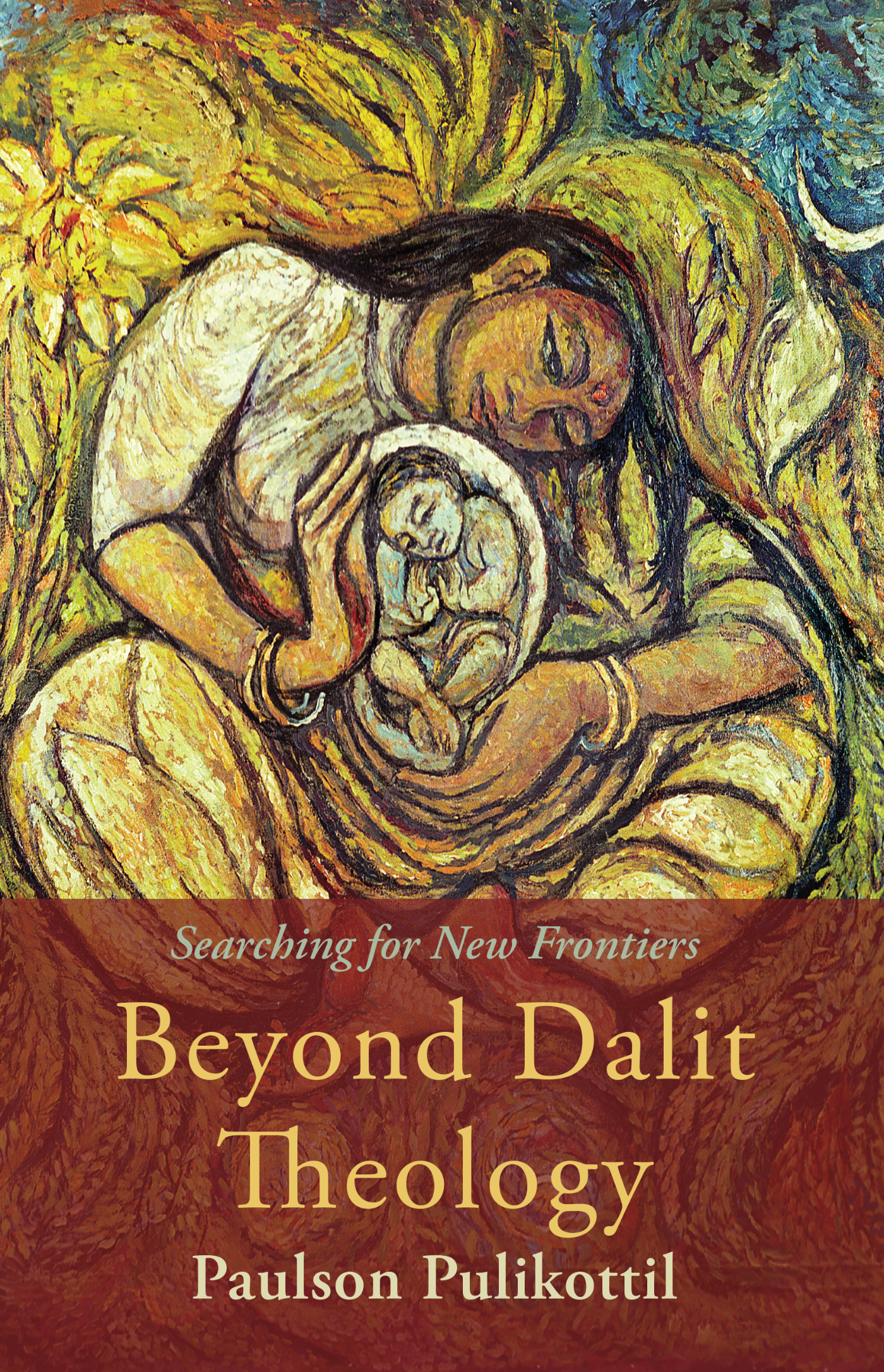
Praise for Beyond Dalit Theology
Pulikottil writes not only on behalf of Dalits but as one convinced that Christian theology is true to its claims when it is fully public and socially transformative, so that what emerges is a theological method in action, exemplifying how the power of the gospel can and should make a difference in the real world.
Amos Yong, dean, School of Mission and Theology, Fuller Theological Seminary, Pasadena, California
This book continues a tough, yet engaged, conversation in which probing questions are asked, enduring issues and themes looked at again, the gains of forty years reexamined, and current topics identified, all in the service of recognizing and reaffirming Dalit theology as relevant and responsive public theology amidst the chaotic realities of life today, wherever and with whomsoever we live, work, study, and worship at the frontiers of our commitment to upholding the humanity of all Gods children.
J. Jayakiran Sebastian, dean and H. George Anderson Professor of Mission and Cultures, United Lutheran Seminary, Gettysburg and Philadelphia
Paulson Pulikottil has convincingly argued that if Dalit theology is to have real traction in India, it needs to go beyond advocating structural changes; it needs to be a theology that seeks the transformation of Christians, individually and corporately, by the power of the Spirit in and through the church. Only with a robust pneumatology and ecclesiology can there be a more holistic and enduring liberation. Here is a constructive theology that takes Dalit theology beyond its current stalemate.
Simon Chan, editor of Asia Journal of Theology, Singapore
There is a twofold task for Beyond Dalit Theology, namely to provide a constructive critique of this Indian liberation theology after the first four decades of its existence, as well as to chart a way towards a wider, more comprehensive vision of integral transformation. This work brings to the task vast and diverse resources, including ecclesiology, pneumatology, Christology, public theology, and societal analysis. Writing as a sympathetic outside critic, yet firmly located within the Indian society, church, and academia, the author calls the church to be faithful to her calling in facilitating transformation also in the society, not only within her own walls.
Veli-Matti Krkkinen, professor of systematic theology, Fuller Theological Seminary, Pasadena, California, and docent of ecumenics, University of Helsinki
This book is an invitation to expand the horizon of the hitherto existing Dalit theology to make it a promising theology of integral transformation. It is indeed an invitation to make Dalit theology effective in a substantive and abiding manner. Public theology is the key to make it happen, and Paulson Pulikottil makes a serious proposal in this regard. The book helps students of theology to explore some vital aspects of Indian public theology, which is very much in its birth-pangs today.
Gnana Patrick, professor and head of the Department of Christian Studies, School of Philosophy and Religious Thought, University of Madras
Pulikottil has had the courage to look again at Dalit theology. The result is fresh and exciting, if perhaps controversial for some. The concept of integral transformation considers the stage after liberation of the oppressed. Liberation does not guarantee the right to live in a just and equitable society. How does one make societies more just, equitable? While the work focuses on the experience of the Dalit of India, the implications of this rethinking are applicable to all of Christian theology. The chains come off, and then what? This volume is an important contribution to the discipline of World Christianity as well as Dalit and Pentecostal studies.
David Bundy, associate director, Manchester Wesley Research Centre, Manchester, UK
Paulson Pulikottil explores why Dalit theology has been caught in the doldrums in recent years. In Beyond Dalit Theology the author puts new wind in the churchs historic mission to give voice to the disenfranchised and marginalized by powerfully reuniting Dalit theology with the vibrancy of historic doctrines of pneumatology and Christology. This work could be the catalyst to move us forward again.
Timothy C. Tennent, president, Asbury Theological Seminary, Wilmore, Kentucky
In this outstanding and needed book, Paulson Pulikottil brings a fresh assessment of Dalit liberation theology, which had entered into the doldrums in terms of its impact and theological efficacy. Pulikottil invites us to a profound discussion that sets new sails and oars to pull it out of the lull, sailing toward a new horizon of integral transformation. The new horizon is shaped by a re-articulation of Christology, pneumatology, ecclesiology, and public theology. A welcome addition to the Dalit theological dialogue and hence a must-read!
Finny Philip, member, board of directors, Lausanne Movement
Beyond Dalit Theology
Beyond Dalit Theology
Searching for New Frontiers
Paulson Pulikottil
Fortress Press
Minneapolis
BEYOND DALIT THEOLOGY
Searching for New Frontiers
Copyright 2022 Fortress Press, an imprint of 1517 Media. All rights reserved. Except for brief quotations in critical articles or reviews, no part of this book may be reproduced in any manner without prior written permission from the publisher. Email or write to Permissions, Fortress Press, PO Box 1209, Minneapolis, MN 55440-1209.
Scripture quotations are from the ESV Bible (The Holy Bible, English Standard Version), Copyright 2001 by Crossway, a publishing ministry of Good News Publishers. Used by permission. All rights reserved.
Cover image: Dalit Madonna, by Jyoti Sahi, oil on canvas, 2000, from the Methodist Modern Art Collection
Cover design: Savanah Landerholm
Print ISBN: 978-1-5064-7885-2
eBook ISBN: 978-1-5064-7886-9
While the author and 1517 Media have confirmed that all references to website addresses (URLs) were accurate at the time of writing, URLs may have expired or changed since the manuscript was prepared.
To my grandchildren: Arya, Anya, Mico, and Appu
Contents
The motivation for this project came from my colleagues and friends who were engaged in Dalit theology and allied disciplines. Curiosity and the quest to extend my own boundaries of knowledge on the subject are the other reasons.
This book is the product of the third and last one-year sabbatical that I enjoyed during the two decades of my tenure at the Union Biblical Seminary, Pune, India. I am indebted to the ScholarLeaders International (SLI) and Langham Partnership for their support during the sabbatical. SLI funded my fellowship at the Centre for South Asia Research (CSAR) at the South Asia Institute of Advanced Christian Studies (SAIACS), Bengaluru. The Langham Partnership supported me as a Scholar in Residence at Ridley Hall, Cambridge, England, which facilitated access to the vast resources in the Cambridge University Library.
I am indebted to a lot of people, foremost my wife, Sheela. The sabbatical was a stressful period for us where our faith in God was tested and our patience saw its limits. But her support, along with the rest of my family, made this possible and to count... all joy (James 1:2) until the end.
I am indebted to everyone at Fortress Press, especially to Dr. Jesudas Athyal, for his interest and support of this project. The church I pastor, the Community of the Redeemed in Pune, stood with me as well.
Next page
